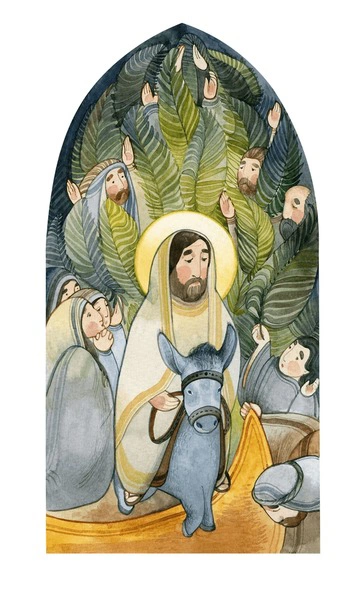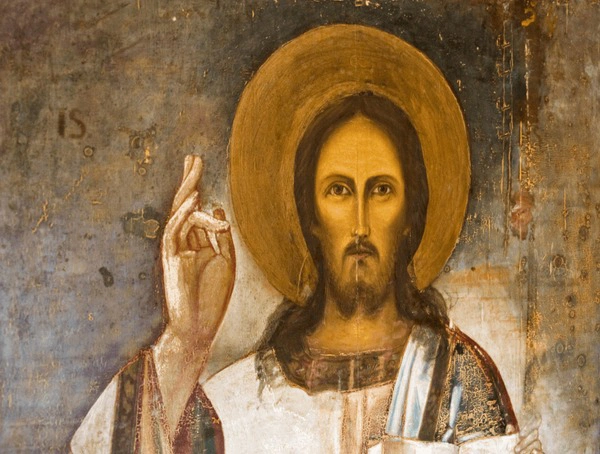
From Sorrow to Joy: Understanding Psalm 30's Promise
Life's hardships can feel overwhelming, but Psalm 30 reminds us that joy follows sorrow. This exploration of the psalm reveals the promise of God's deliverance and the power of gratitude, encouraging believers to trust in His faithfulness through every trial.
Michael Thompson
26/11/2024 - 7 months ago

Understanding Psalm 30
Psalm 30 is a song of thanksgiving attributed to King David. It is a powerful expression of gratitude to God for deliverance from a difficult situation. The psalmist begins by exalting the Lord because He has lifted him out of the depths. This metaphor of being lifted suggests a transition from a place of despair to a place of hope. In biblical times, the depths often referred to death or severe distress, making this deliverance all the more significant.
The concept of being lifted from the depths resonates with many who have experienced hardships. Whether it's physical illness, financial struggles, or emotional turmoil, the feeling of being "in the depths" is universal. David's experience reminds us that God is attentive to our cries and capable of transforming our circumstances. His faithfulness in past trials encourages believers to trust Him in present difficulties.
Psalm 30 also highlights the importance of remembering God's previous interventions in our lives. By recalling how God has lifted us before, we strengthen our faith and find hope for the future. This act of remembrance is not just about looking back; it's about reinforcing our trust in God's continual presence and ability to work for our good, even when situations seem bleak.
The Night of Weeping
"Weeping may stay for the night, but rejoicing comes in the morning" is a profound statement about the temporality of sorrow. Night, symbolizing darkness and uncertainty, is a common metaphor for trial and suffering. However, the promise of morning, with its light and new beginnings, offers hope and reassurance that sorrow is temporary.
This truth is essential for anyone going through a tough season. The assurance that morning follows night gives strength to endure. It reminds us that no matter how intense the pain or how long the night seems, it is not permanent. God’s promise of joy in the morning is a testament to His faithfulness and the new mercies He provides each day.
For many, the night might be filled with challenges that seem insurmountable. During these times, it is crucial to cling to the promises found in scripture. By holding onto the assurance that joy will return, we can navigate our difficulties with patience and hope, knowing that God is working behind the scenes to bring about a new day.
- Read Also: Finding Hope in Despair Through Psalm 13
From Wailing to Dancing
The transformation from wailing to dancing is a vivid depiction of God's ability to change our circumstances. Wailing represents deep sorrow, a response to loss or despair. Dancing, on the other hand, symbolizes joy and celebration. This shift illustrates the profound impact of divine intervention in our lives.
In times of grief, it may seem impossible to imagine dancing again. However, this transformation is a central theme in the Christian journey. It reflects the belief that God redeems our pain, turning it into testimonies of His grace. Such changes might not happen overnight, but the promise of transformation provides hope that our mourning can be turned into joy.
This promise encourages believers to keep faith, even when life feels overwhelming. It serves as a reminder that God is in control and has a plan for restoration. By trusting in Him, we open ourselves to the possibility of experiencing joy again, even after the deepest sorrows.
A Lifetime of Praise
David concludes Psalm 30 with a commitment to praise God forever. This eternal perspective underscores the importance of gratitude, not just for deliverance, but for God's constant presence in our lives. Praise is a natural response to recognizing God's faithfulness and love.
A lifestyle of praise involves acknowledging God's goodness in every season. It is easy to praise during times of blessing, but it is equally important to maintain a grateful heart during trials. This consistent attitude of praise keeps us aligned with God's truth and reminds us of His sovereignty.
For believers, praising God forever is a declaration of trust and devotion. It is an acknowledgment that despite life's challenges, God remains worthy of our worship. By choosing to praise continually, we affirm our reliance on God's unchanging nature and His promises, finding strength and joy in His presence.




















